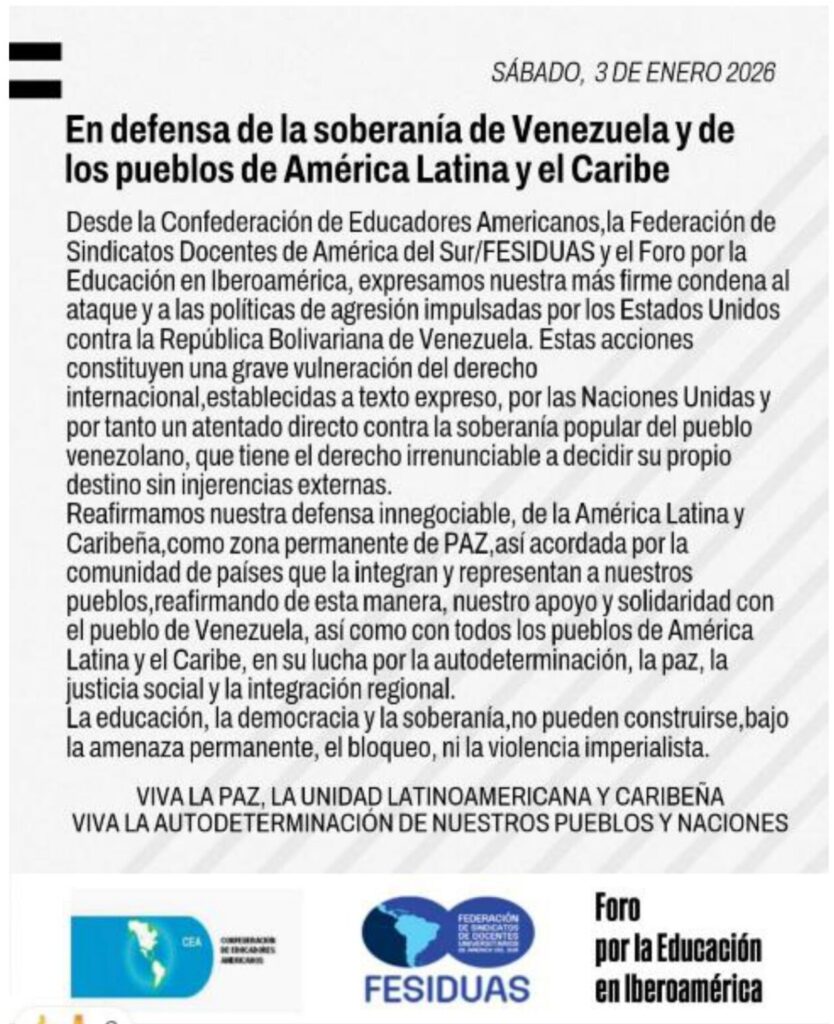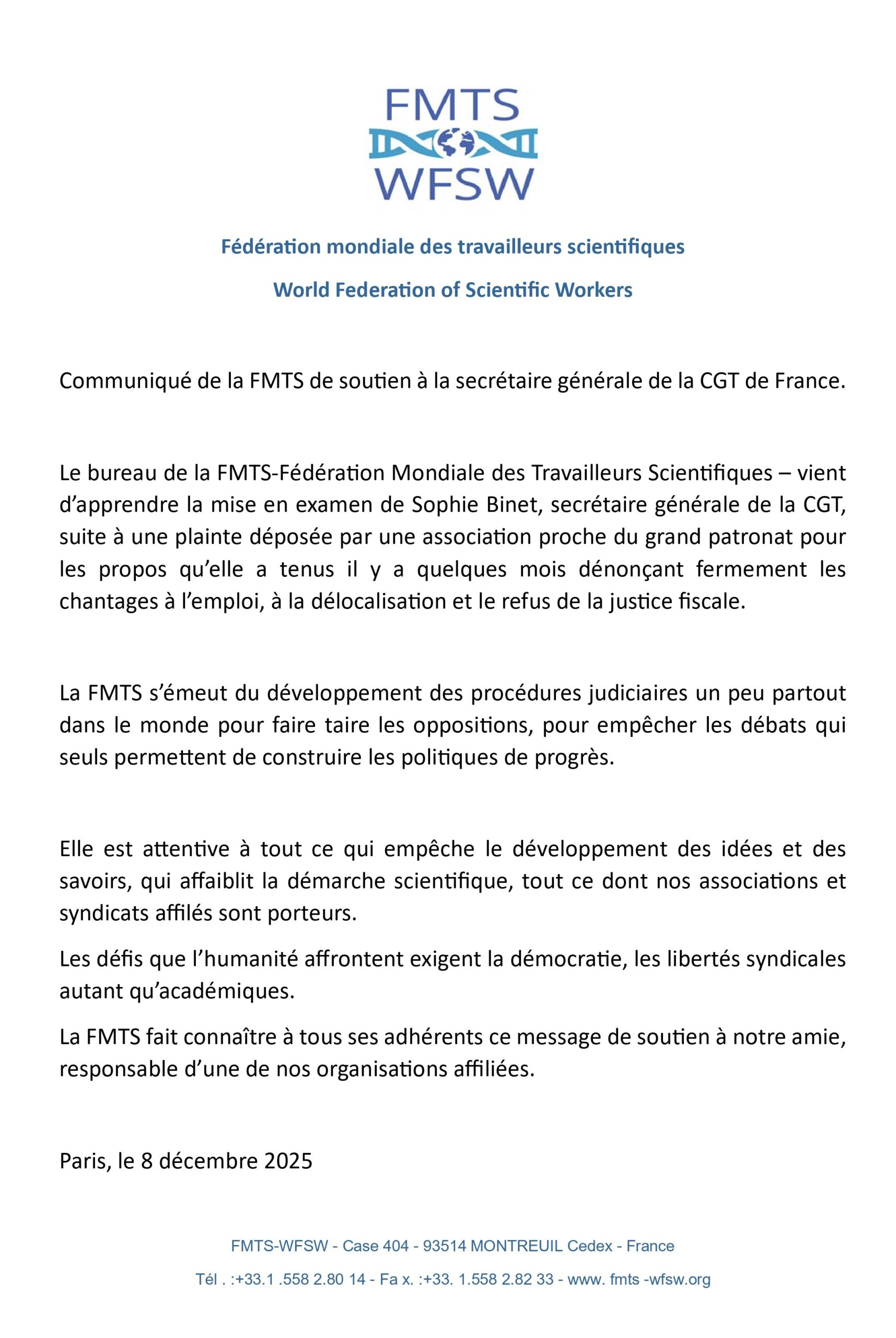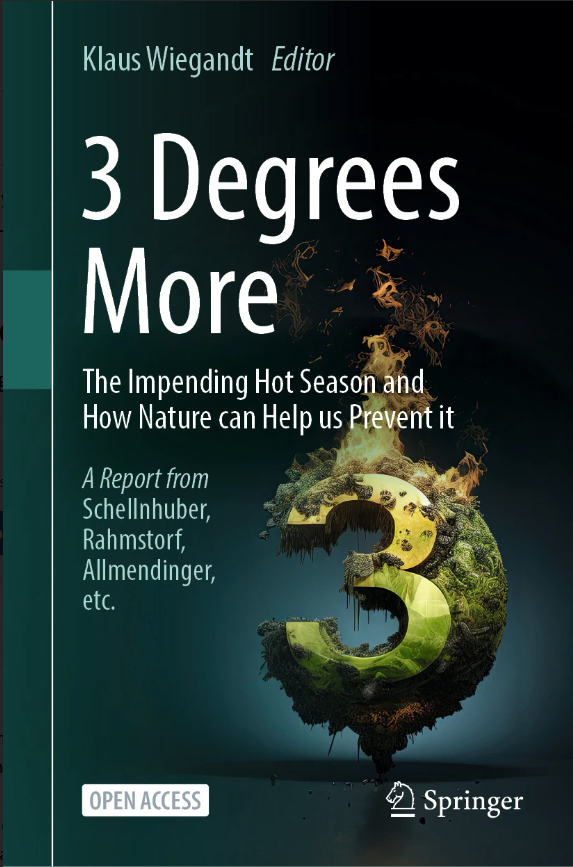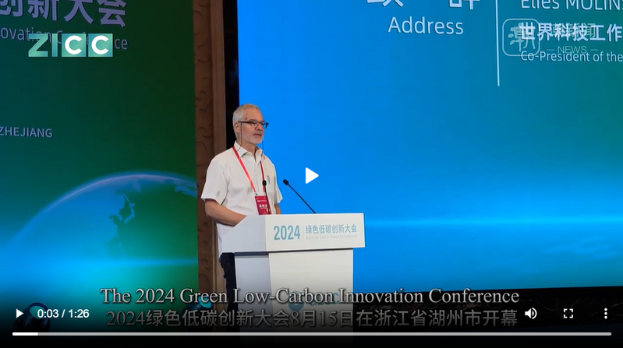To Higher Education and Research, To scientific and human progress
Appeal for an international mobilisation
Facing neoliberal globalisation attacks, an engaged university community
Within days of his inauguration, Donald Trump announced his intention to exert control over federally funded research programs and to curb external communications about research conducted in leading federal agencies such as the Environment Protection agency (EPA). The first executive orders followed quickly. A few years earlier Stephen Harper, prime minister of Canada from 2006 to 2015, had already paved the way. In Turkey, academics are a prime target in the crackdown against all opposition to Recep Tayyip Erdogan. These authoritarian positions constitute worrisome setbacks.
At the same time, Higher education (HE) and research are undergoing deep transformations worldwide, associated with regressions of academic, scientific and professional freedom. This destructive dynamic occurs under pressure from new forms of governance and management for HE and research. What is increasingly at stake is a shift in the production and diffusion of knowledge and technics toward the demands of business and the strengthening of regional and national economic competitivity. It is also a matter of subordinating the pursuit of knowledge to market mechanisms, as well as implementing competition at all levels of higher education and research. As a result, the very nature of higher education and research, and their function in society, are changing in a way that impairs missions essential to the pursuit of knowledge, to democratic life and to fixing the issues faced by humankind.
With the globalization of markets and the global environmental issues, interactions between nations and global stakes are now of major importance. Humankind is faced with ever-more interdependence. Research and education have a key role to play in particular in:
-
analyzing and understanding this interdependence, and diffusing the results within society;
-
contributing to the development and implementation of solutions to social, sanitary, environmental and democratic issues, ranging from suitable technological advances to economic, cultural and political transformations.
As of today, this ambition is not shared by governments. Admittedly, the input of HE and research on environmental issues is often a central point of political communication, notably from the European Union. But in reality, this input is subject to the demands of transnational corporations and to the pursuit of regional competitivity. Within this context, the contribution of HE and research to democratic life, to critical thinking, to the diversity of thoughts, outlooks and proposals, is more and more abandoned.
We, the organizations signatory to this address, are not resigned to this state of affairs. For this reason we pledge to work jointly at a deeper analysis of the situation of HE and research and of its evolution ; and to explore its causes and consequences, especially with regard to the weakening of democracy , the expanding supremacy of neoliberal ideology and the rise of extreme right-wing ideas, activities and political parties. We commit ourselves to develop joint proposals, articulating international, regional, national and local levels, ranging from the role of higher education and research in society and in furthering knowledge, to the living and working conditions and the status of staff and students. We will promote together these proposals, for which a balance of power will have to be built.
We call upon staff and students in higher education and research, citizens and progressive organizations to embrace these issues. To elaborate and implement new policies for higher education and research, in complete opposition to those which have been developing for several decades, is a necessary condition in order to rise to the major challenges faced by humankind.
In the meantime we assert the necessity for higher education and research to conform to the following principles:
– collegiality;
– university democracy including the enfranchisement of all participants in HE and research;
– cooperation;
– academic, scientific and professional freedom;
– removal of all financial barriers to access to HE;
– development, sharing and diffusion of knowledge in all fields;
– responsibility in democratic life;
– responsibility in civic education;
– responsibility in the resolution of challenges or issues facing humankind.
We call for the following concrete actions :
– solidarity with all actors in HE and research ;
– access to quality HE for all ;
– a severe reduction in the reliance on adjunct staff, with the creation of permanent positions ;
– a sharp increase in direct permanent public funding for research, in order to prop up academic freedom and strengthen the development of knowledge and progress in science and humanity ;
– put an end to austerity policies which are especially harmful to the fields of arts and letters, and human and social sciences ;
– promote the culture of debate and collective action.
We state our commitment to communicate and pool our resources regarding resistance, mobilization and alternative concepts, and to jointly mobilize on:
– the international days of action against privatization and commodification organized by Education International;
– the worldwide campaign against the increase in job precariousness and the decline in the quality of scientific and technical research organized by the World Federation of Scientific Workers (WFSW), especially at the occasion of the World Day held each year;
– the actions against job precariousness organized by EI;
– national general assemblies of HE and research spread over several years in our respective countries, which could along the lines of the general assemblies currently held in Quebec (2013 to 2018).
List of signatories, March 4, 2018
ABIC (Portugal)
ACOD Onderwijs (Belgium)
CGSP- Enseignement (Belgium)
FQPPU (Quebec – Canada)
FNEEQ (Quebec – Canada)
OTC (Portugal)
SNCS-FSU (France)
SNESUP-FSU (France)
STEPV-Intersindical valenciana (Spain)





